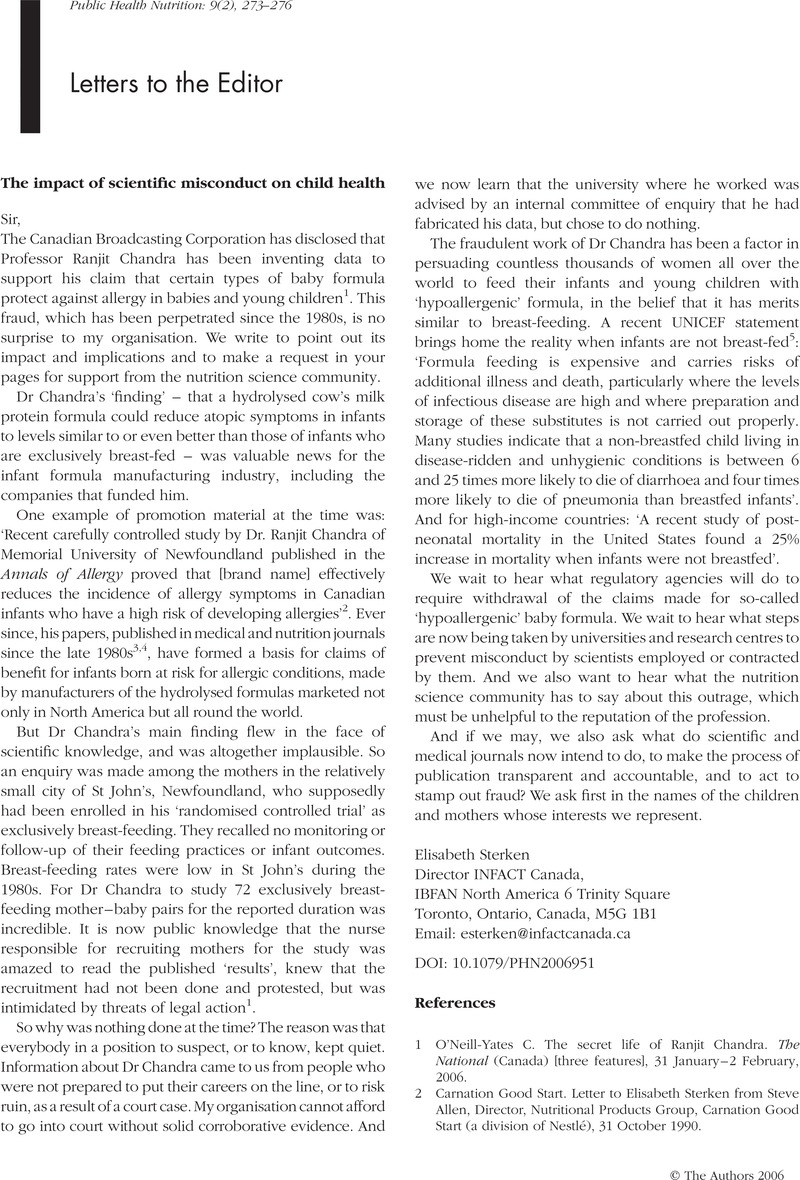Crossref Citations
This article has been cited by the following publications. This list is generated based on data provided by Crossref.
Lowe, Adrian J
Dharmage, Shyamali C
Allen, Katrina J
Tang, Mimi LK
and
Hill, David J
2013.
The role of partially hydrolyzed whey formula for the prevention of allergic disease: evidence and gaps.
Expert Review of Clinical Immunology,
Vol. 9,
Issue. 1,
p.
31.



